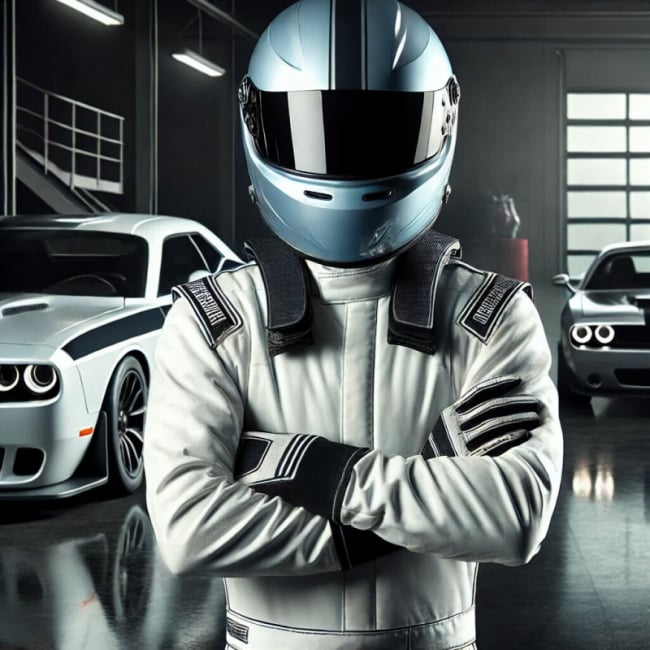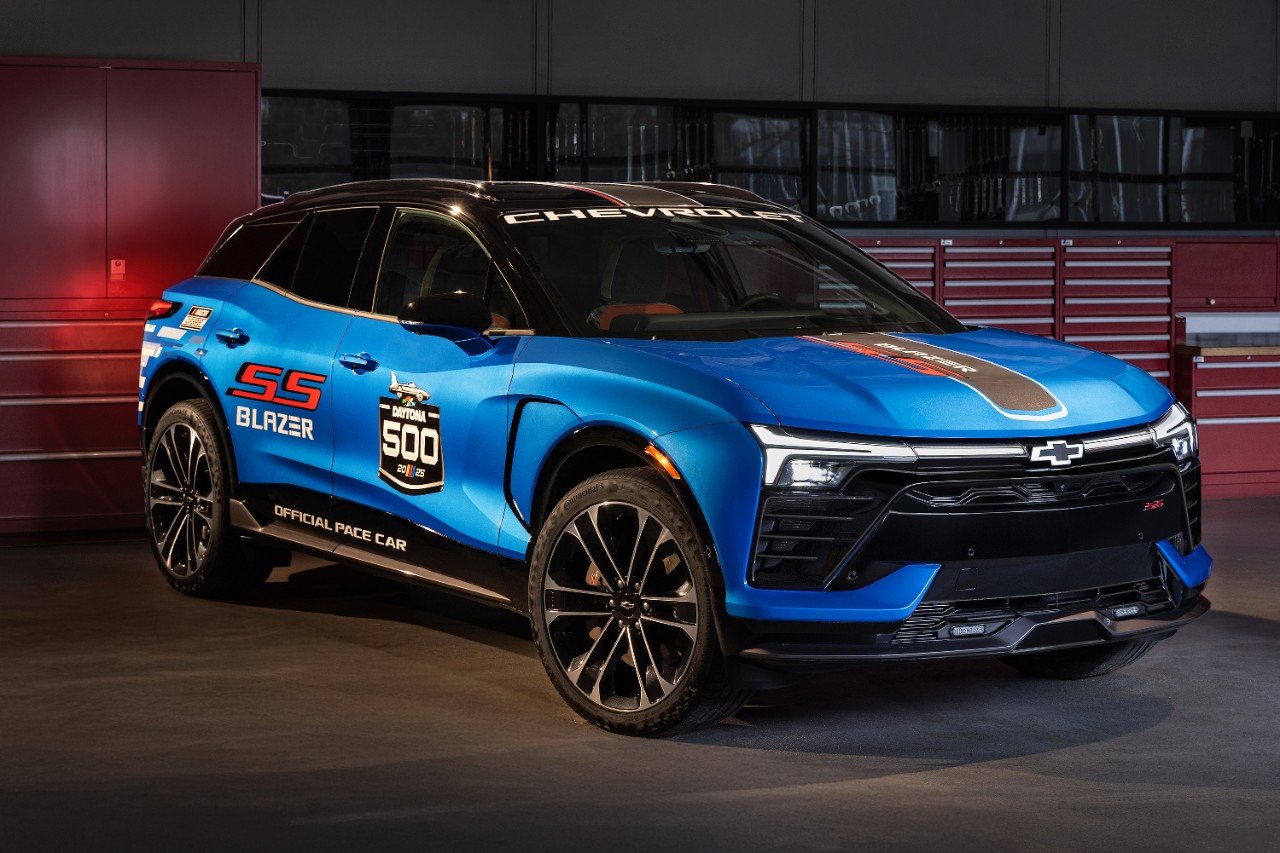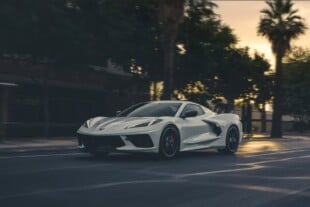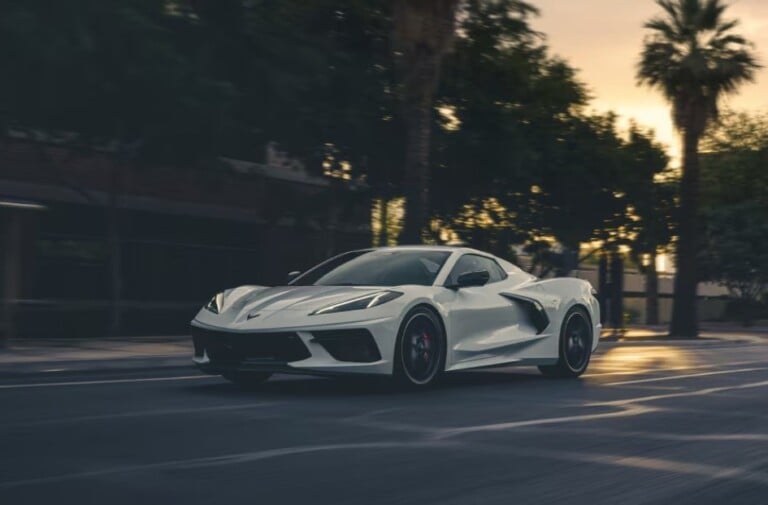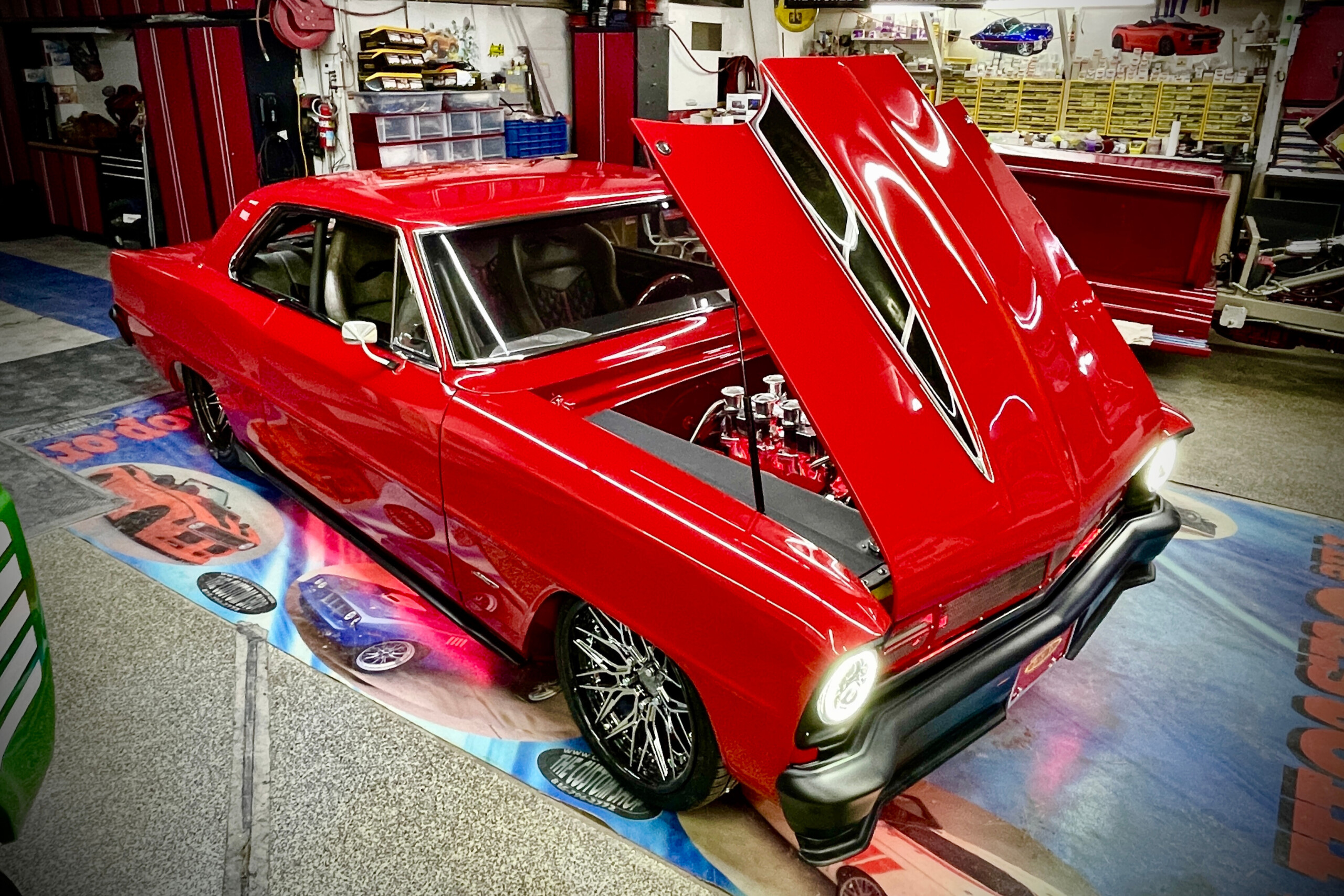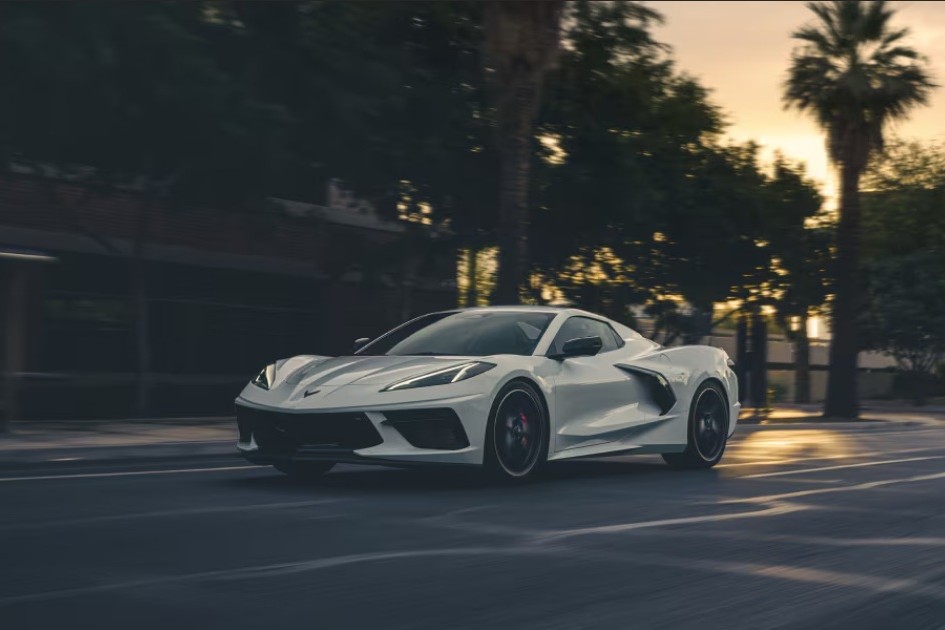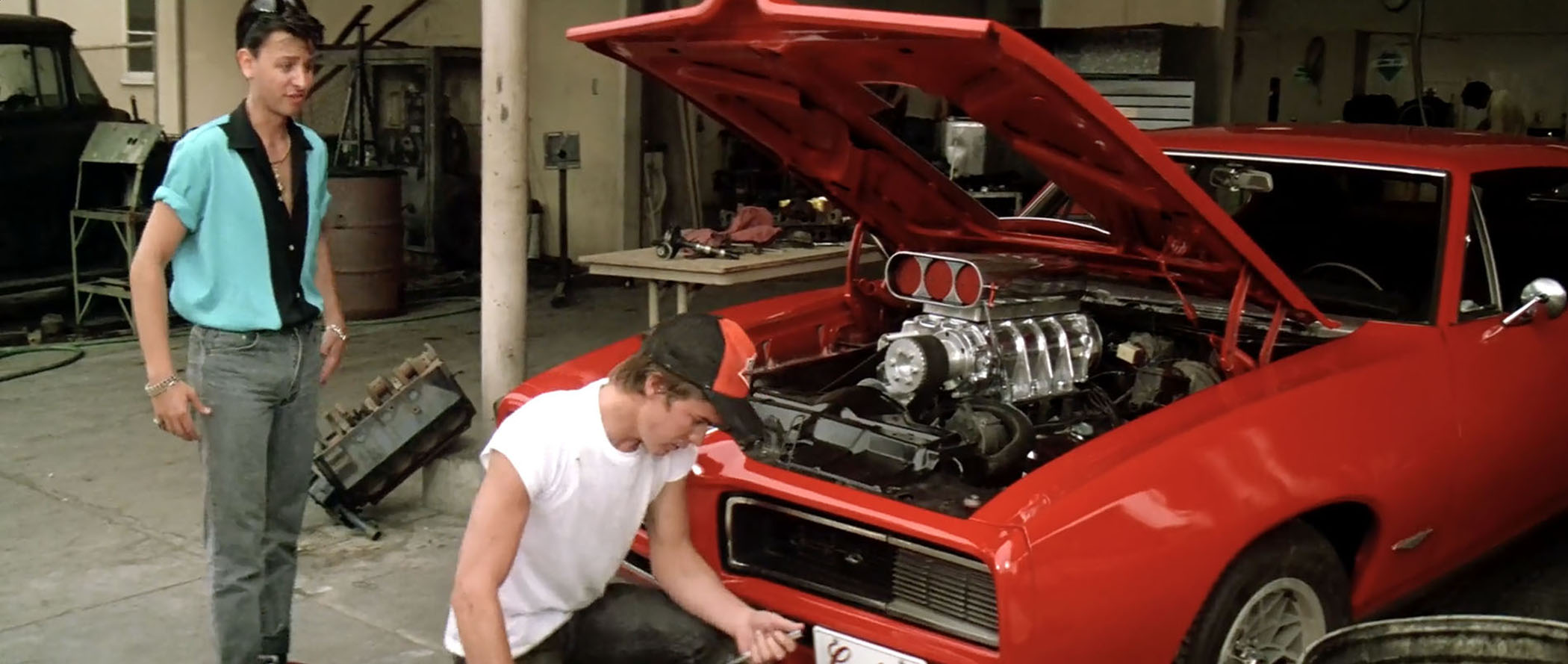Chevrolet has announced that its 2025 Blazer EV SS will serve as the pace car for the 67th Daytona 500 on February 16, 2025. This is the first time an electric vehicle has paced “The Great American Race.” The decision is already generating buzz, and not all of it positive.
Many traditional racing fans and Chevrolet enthusiasts are expressing concern and even outright disapproval of an electric SUV leading the field at one of NASCAR’s most iconic events.
The Blazer EV SS, set to go on sale later this quarter, is no slouch in the performance department. Chevrolet boasts that it’s the “quickest SS model” they’ve ever produced. Equipped with a wide open watts (WOW) mode, the electric SUV can sprint from 0 to 60 mph in a claimed 3.4 seconds. It produces 615 horsepower and 650 lb-ft of torque as well.
It also features front Brembo brakes, a sport-tuned chassis, and a large 17.7-inch touchscreen. The pace car version will feature custom graphics and strobe lights but no performance modifications.
Despite these impressive specifications, the core issue for many isn’t the Blazer EV SS’s capability but its identity. Racing fans have long associated the Daytona 500’s deep-rooted tradition with the roar of mighty V8 engines. An electric vehicle, no matter how quick, represents a departure from that heritage.
“Chevrolet has a long history with racing – it’s in our DNA,” said Scott Bell, vice president of Chevrolet. However, for many purists, that DNA means gasoline-powered performance. They see the Blazer EV SS as a symbol of a changing automotive world they’re not ready to accept.
DIS track president Frank Kelleher stated, “We’re honored to have Chevrolet as a founding partner…and that the iconic brand chose to feature the all-new Blazer EV SS at the DAYTONA 500.” However, the “honor” of having an EV pace car is likely to be viewed quite differently by a segment of the fanbase.
While Chevrolet undoubtedly sees the Daytona 500 as a valuable platform to showcase its electric future, the choice of the Blazer EV SS as a pace car is a gamble. Will the fans replace the roar of the crowd with a chorus of boos? Only time will tell if this electrifying decision energizes or alienates the core NASCAR audience.


